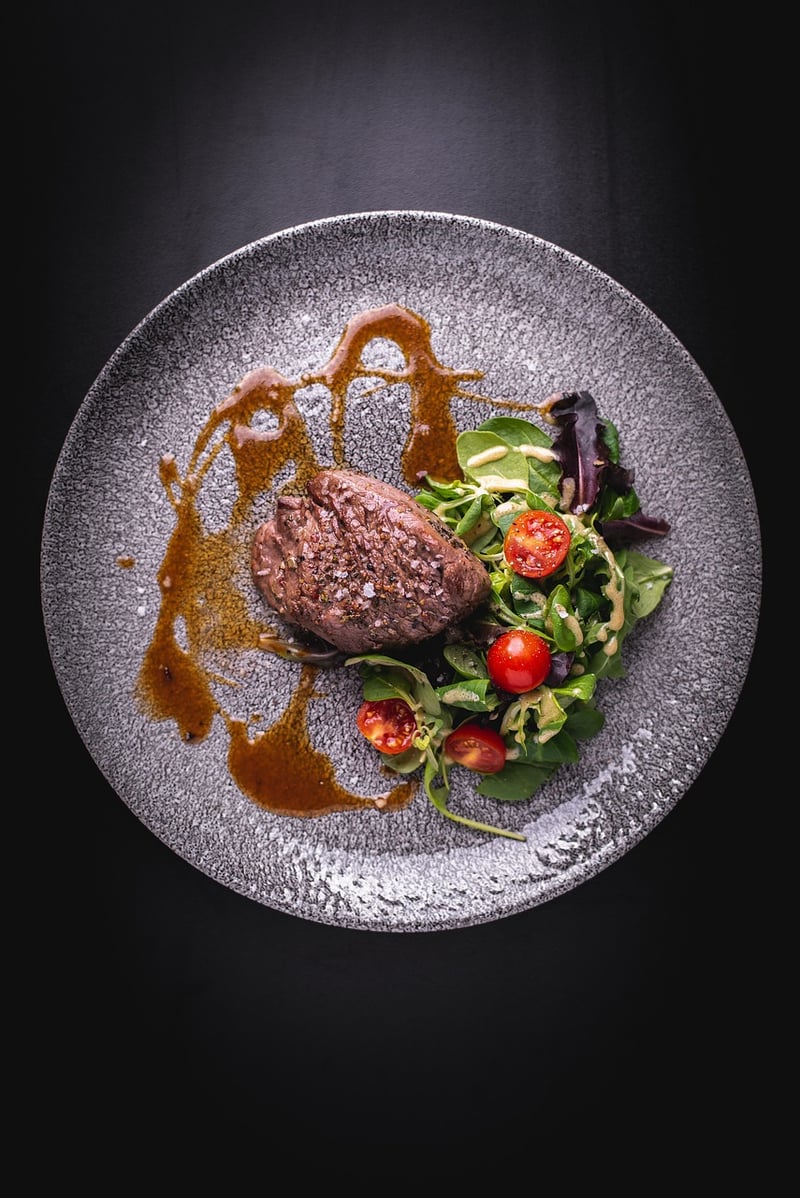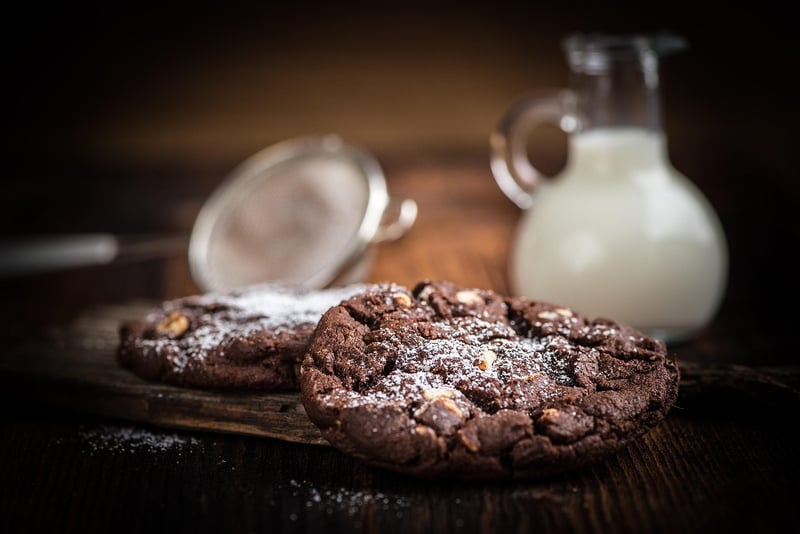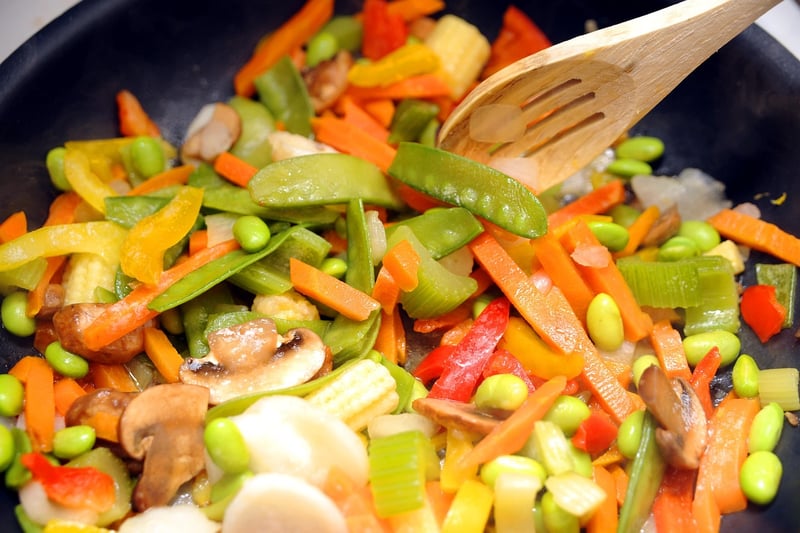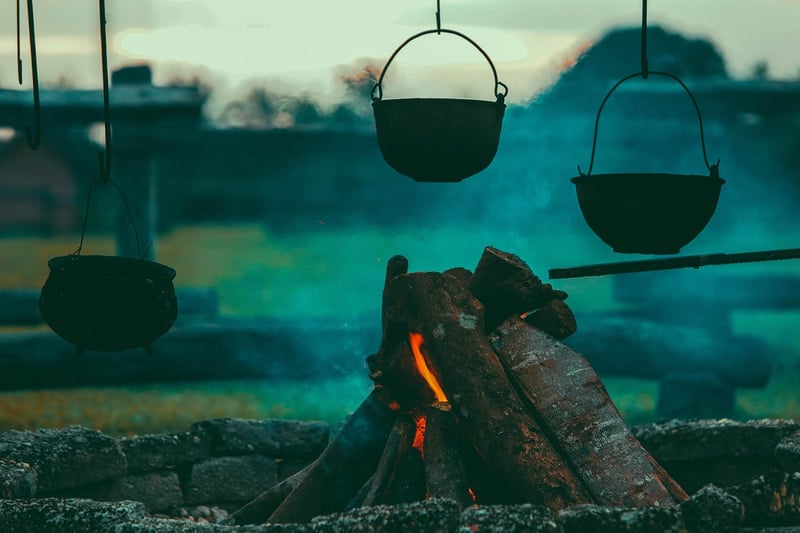Cooking Chemistry
The Fascinating Science of Cooking Chemistry
Have you ever wondered why a steak turns brown when cooked or why adding baking soda to a recipe can make it rise? The answers lie in the realm of cooking chemistry, where the transformation of ingredients through heat and other processes creates the delicious dishes we love. Let's delve into the science behind food and cooking chemistry to uncover the secrets of the culinary world.
Maillard Reaction: The Key to Flavor
One of the fundamental processes in cooking chemistry is the Maillard reaction. This chemical reaction occurs between amino acids and reducing sugars when exposed to heat, resulting in the browning of foods like steaks, bread crusts, and roasted coffee beans. The Maillard reaction is responsible for the complex flavors and aromas that make grilled meats so enticing.

Leavening Agents: The Secret to Fluffy Bakes
When it comes to baking, leavening agents play a crucial role in creating light and airy textures in cakes, bread, and pastries. Baking soda, baking powder, and yeast are common leavening agents that release carbon dioxide gas when mixed with liquid and heat, causing the dough or batter to rise. Understanding how these agents work can help you master the art of baking.

Emulsions: The Science of Stability
Emulsions are another fascinating aspect of cooking chemistry, where two immiscible liquids, such as oil and water, are combined to create stable mixtures like mayonnaise and vinaigrettes. Emulsifiers like egg yolks or mustard help to prevent the separation of these liquids by forming a stable bond between them. By understanding emulsions, you can elevate your salad dressings and sauces to new heights.

Conclusion
Food and cooking chemistry are deeply intertwined, shaping the textures, flavors, and appearances of the dishes we enjoy every day. By exploring the science behind cooking, you can enhance your culinary skills and create masterful meals that delight your taste buds. So, the next time you step into the kitchen, remember that there's a world of chemistry at play in every recipe you prepare.
Embrace the science, experiment with ingredients, and savor the magic of cooking chemistry!
